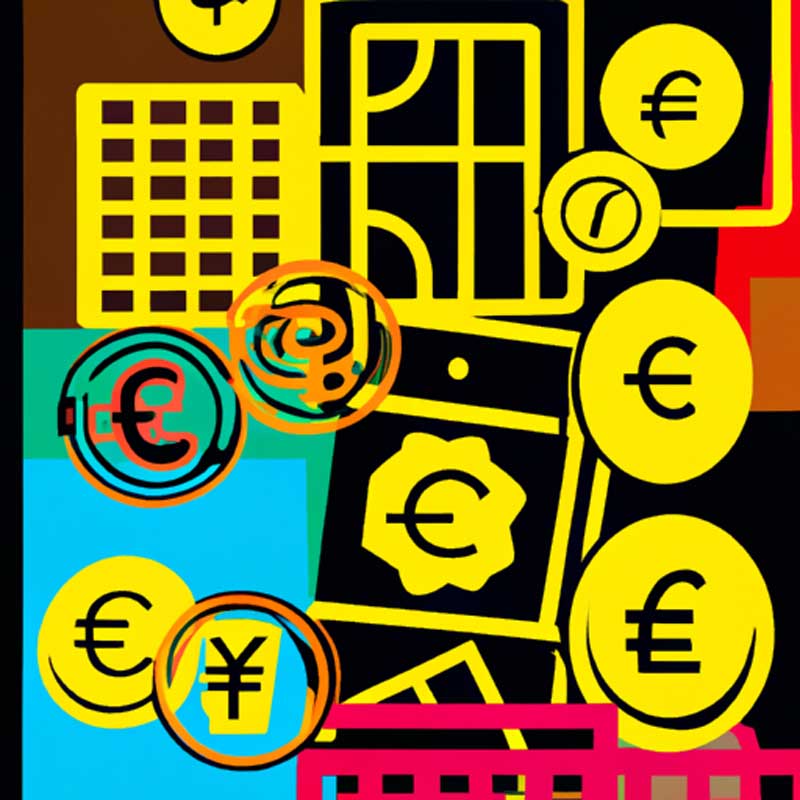In an article published by CNN Underscored, the key details regarding the clearance time for personal checks are provided. While digital payments have become dominant, many consumers still use checks to pay for goods and services, making check clearance an important process. Most banks aim to streamline the process, with checks within the same bank clearing more quickly than those involving different banks. However, there can be delays due to factors such as the check amount, suspected fraud, or technical glitches. To speed up the process, regular deposits and maintaining a high amount of funds in an account can help, but ultimately, it is at the bank’s discretion. The article also explains the check clearing process, which involves presenting a check to a bank for deposit, and the availability of funds for withdrawal can range from the next business day to the fifth business day. The bank, check amount, and type of check can influence check clearance times. The article also distinguishes between check clearing and check cashing, with clearing involving a bank deposit and cashing involving receiving funds immediately. Additionally, the article discusses electronic check conversion, which is the process of converting a physical check to a digital form. It also provides precautions to avoid check clearing fraud, including ordering checks from trusted institutions, following up with check recipients, and regularly checking banking transactions for any unusual activity. The article concludes with frequently asked questions about what happens if a check doesn’t clear and whether checks clear faster when deposited in person.
Check clearance time: A ticking clock, while money hangs in suspense
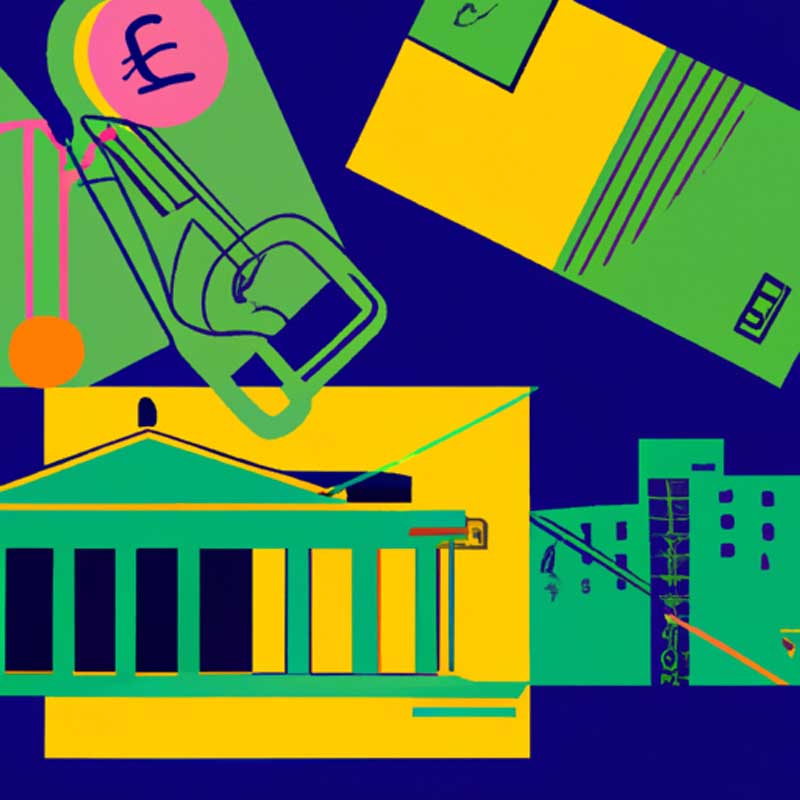
Latest from Blog

Unlock the secrets of Augmentum Fintech PLC’s Annual Shareholders Meeting
TLDR: Augmentum Fintech PLC held its annual shareholders meeting with CEO Tim Levene discussing the company’s performance and opportunities. The portfolio showed
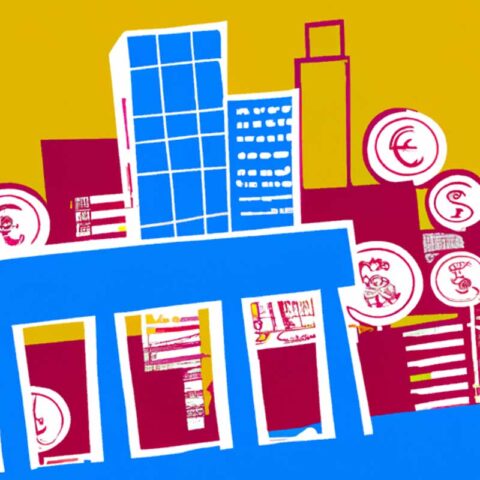
Copilot Money lands $6m to innovate personal finance tools.
TLDR: Copilot Money, a FinTech startup, secures $6m in Series A funding led by Adjacent. Founded in 2020, Copilot Money aims to

Mastercard 2024 Fintech Forum: Fostering Collaboration and Innovation in Ecosystem
TLDR: Mastercard hosted a Fintech Forum in Nigeria to foster collaboration and innovation in the fintech ecosystem. The event brought together key
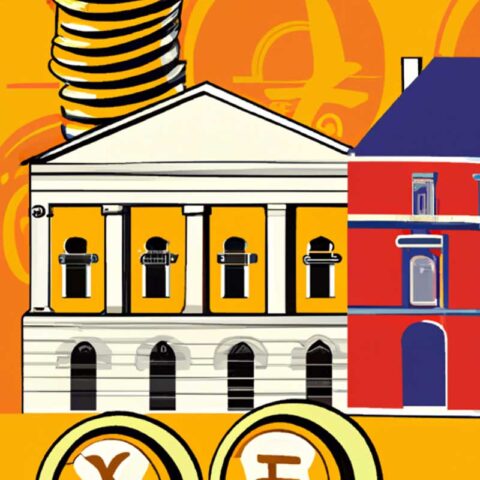
Japan Fintech: JFSA’s Perspective
TLDR: Shigeru Ariizumi, Vice Minister for International Affairs at Japan Financial Services Agency, discusses the future of fintech regulations and opportunities in
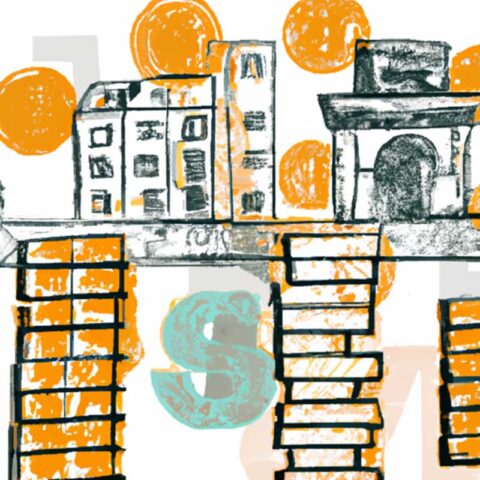
European Fintech M&A set to bounce back as banks target startups.
TLDR: European fintech M&A activity expected to rebound in 2024 Traditional banks eye struggling fintech startups for tech capabilities Mergers and acquisitions

